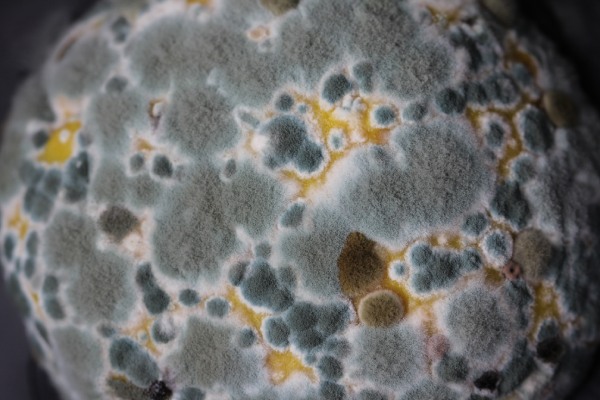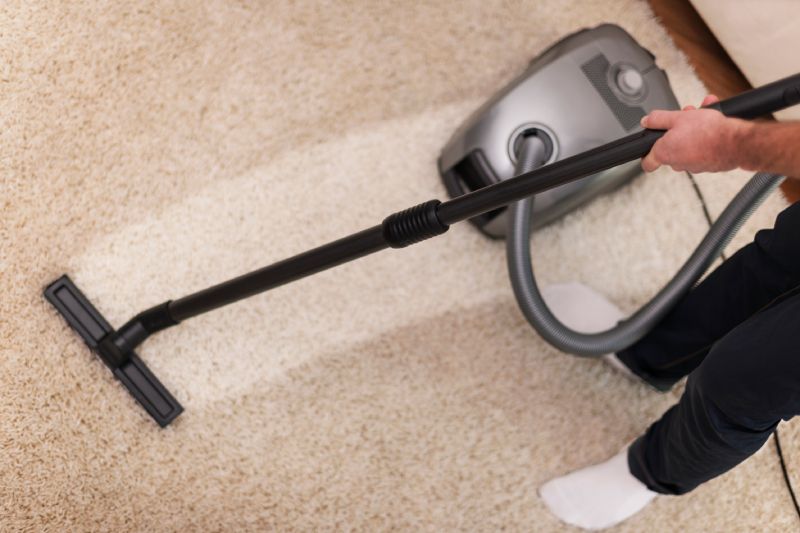Maintaining a healthy indoor environment is essential for overall well-being, especially in a humid climate like Singapore’s. Mold growth and contaminated carpets can significantly impact indoor air quality, leading to respiratory issues and other health concerns. The role of professional Mould Specialist Singapore and carpet cleaning services.
Understanding the Impact of Mold and Contaminated Carpets
Mold thrives in humid environments, making Singapore’s climate conducive to its growth. Common sources of moisture, such as air conditioning units, leaks, and poor ventilation, contribute to mold proliferation in homes and commercial spaces. Mold spores can exacerbate allergies, trigger asthma attacks, and cause respiratory infections, emphasizing the importance of timely removal.
Similarly, carpets can harbor dust mites, allergens, and pollutants, compromising indoor air quality. Over time, dirt, debris, and moisture accumulation in carpets create a breeding ground for bacteria and mold, posing health risks to occupants, particularly those with allergies or respiratory conditions.

Best Practices for Mold Removal
Inspection and Assessment
Engage the services of a mold specialist in Singapore to conduct a thorough inspection of your property. Professional mold inspectors can identify mold growth, assess the extent of the infestation, and recommend appropriate remediation measures.
Remediation Plan
Based on the inspection findings, develop a comprehensive remediation plan in collaboration with the mold specialist. This plan should outline strategies for mold removal, moisture control, and prevention of future growth.
Containment
During mold removal, implement containment measures to prevent spores from spreading to unaffected areas. Use plastic sheeting, negative air pressure systems, and HEPA filtration to contain mold particles and minimize cross-contamination.
Safe Removal Techniques
Employ safe and effective mold removal techniques, such as HEPA vacuuming, damp wiping, and surface disinfection. Avoid using bleach or other harsh chemicals, as they may exacerbate respiratory symptoms and damage surfaces.
Moisture Control
Address underlying moisture issues to prevent mold recurrence. Repair leaks, improve ventilation, and use dehumidifiers to maintain optimal indoor humidity levels (ideally between 30% to 50%).
Best Practices for Carpet Cleaning
Regular Vacuuming
Vacuum carpets frequently using a high-efficiency particulate air (HEPA) filter vacuum cleaner to remove dust, dirt, and allergens. Focus on high-traffic areas and ensure thorough cleaning of carpet fibers.
Professional Cleaning
Schedule professional carpet cleaning services in Singapore at least once a year, or more frequently for heavily soiled carpets. Professional cleaners use specialized equipment and techniques to deep clean carpets, removing embedded dirt and contaminants effectively.

Hot Water Extraction
Opt for hot water extraction, also known as steam cleaning, as it is a highly effective method for removing dirt, stains, and allergens from carpets. This process involves injecting hot water and cleaning solution into the carpet fibers, followed by extraction of the solution along with dirt and debris.
Drying
Ensure carpets are adequately dried after cleaning to prevent mold growth. Use fans, dehumidifiers, or open windows to promote air circulation and expedite drying.
Stain Treatment
Address stains promptly using appropriate carpet stain removers or spot cleaning solutions. Avoid using harsh chemicals that may damage carpet fibers or exacerbate respiratory issues.
Preserving indoor air quality is paramount for creating a healthy and comfortable living environment in Singapore. By prioritizing mold removal and carpet cleaning best practices, homeowners and property managers can mitigate health risks associated with mold and contaminated carpets. Collaborating with reputable mold specialists and Carpet Cleaning Service ensures thorough and effective removal of contaminants, promoting cleaner air and a safer indoor environment for occupants. Investing in regular maintenance and professional cleaning not only enhances indoor air quality but also prolongs the lifespan of carpets and protects the well-being of occupants.